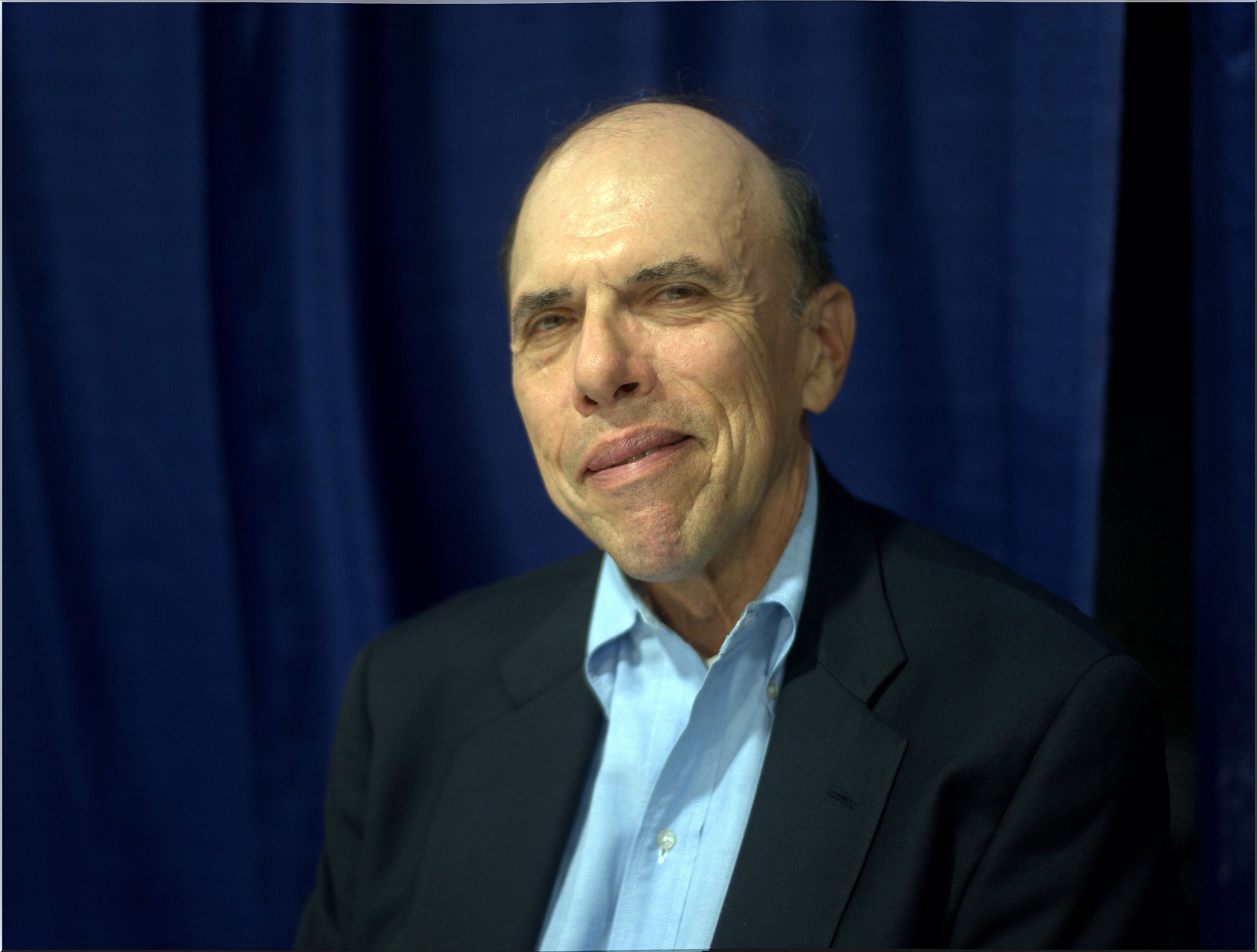The Paradox Of Efficiency, According To Edward Tenner

Edward Tenner was a professor at Princeton University, before beginning a successful career as an independent consultant. Plus, it has some of the most viewed lectures on the TED platform. Among them, his talk about the paradox of efficiency stands out.
The paradox of efficiency is a concept that tries to broaden our perspective on what we know as performance. Today, efficiency is not only liked, but it is the north for many companies when it comes to setting salaries or hiring.
What Edward Tenner argues is that sometimes the fixation that may exist around efficiency can make both individuals and organizations inefficient. This is the paradox of efficiency.

Efficiency
Efficiency is a kind of equation in which the basic axiom is “ more and better fruits for less investment of resources ”. More tasks completed in less time; more objects produced for less money; more achievements achieved with less effort … It is the world of the pluses and minuses around variables that are usually associated in a positive way: for example, it is usual that when we study more hours, we obtain better grades; that by working longer hours, they pay us more.
The new technologies have made us more efficient in many ways for example, can pass a spellchecker to this article and identify any errors before publicarlo-. In supermarkets, the person who processes the purchase for us does not have to make the sum of our cart, but there is a machine that does it for her in much less time and making many fewer mistakes than the employee would make if they had to make the sum by hand.
However, Edward Tenner cautions that efficiency also has its dark side. The axiom of more for less involves risks that often go unnoticed. Today we know that little progress is made without paying a price.
An illustrative story
To introduce his concept of the efficiency paradox, Edward Tenner talks about the history of potatoes. Remember that this tuber had its origin in the Andes and from there it reached Europe. It points out that this food has a great nutritional quality. At the time, King Frederick of Prussia considered it the key for his subjects to gain health.
This fact coincided with another: the Prussians took prisoner a scientist named Parmentier. He verified that the potato kept all the prisoners healthy. Upon his release from prison, he introduced the potato to France. The fame of the potato began to grow and in Ireland it was even regarded as a kind of miracle.
However, deep down there was a risk associated with mass consumption that no one was taking into account. The potatoes from Ireland were genetically identical. Therefore, if a plague affected one potato, it would end up affecting all of them, as indeed it did.
This led to about a million people dying and another two million having to emigrate. So the plant that was supposed to end hunger ended up causing a tragedy.
The efficiency paradox
In addition to the potato, there have been many other magic solutions in which we have been able to see the paradox of efficiency reflected. A classic example is that of weaponry. Its evolution has only caused more human lives to be lost.
Today, says Edward Tenner, data appears to be humanity’s new inspiring god. However, many of the analyzes that are being carried out to make decisions leave little room for purely human skills, such as intuition or imagination – with the data, it can be easy to choose the best solution from all those that have been tried, but it may not be so easy to imagine what the results of implementing a new one would be like. This often results in what Tenner calls “inspired inefficiency.”
We seem to have forgotten that sometimes the best way to do things is to take the hard road. Throughout history, on multiple occasions it has been errors, and not absolute efficiency, that have produced great discoveries, creations and advances. Likewise, to give another example, it has been proven that writing by hand can help our memory much more than taking notes on a keyboard.
The examples given by Tenner are many. They are all oriented in the same direction: “more for less” is not a perfect function. In fact, it can become a path to stagnation or mediocrity.
Error, difficulty and some chaos are sources of inspiration. Accuracy and control can also produce poorer results. That is the paradox of efficiency.









